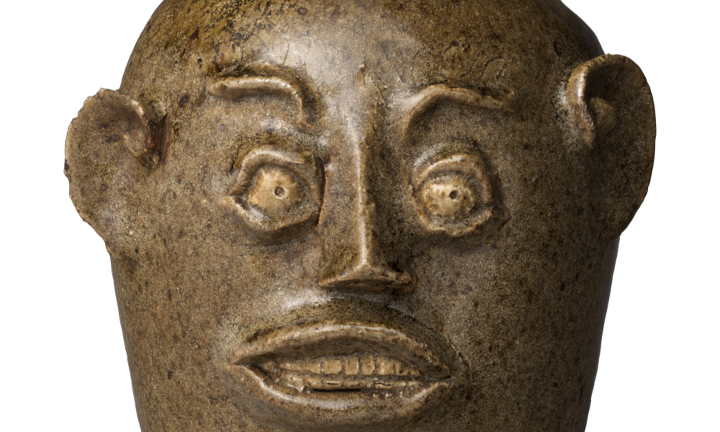The Camera Doesn't Lie, You Do
Why I don't shove another profile photo in your face

I am actually quite handsome and it sometimes seems a shame not to let my readers and listeners know this. However, I have my reasons.
What is it about the camera and the photograph that is so psychologically potent and subject to abuse?
First of all, we are apes. As such the sight of a face is all-important: a person is present when a face is present; obligation, hierarchy, and rivalry are present.
The uncanny. The camera stands between you and I. It creates a third specular "person", which is my double. The double is the real meaning of "soul": to say that the camera steals the soul is to say that it creates a specular doppelgänger which is no longer connected with my body. Wandering souls are never a good thing: one should have one's household of spirits in good order, else mischief and unconscious voodoo will ensue. There is a great deal of extremely effective and weaponized superstition at work in the 21st century obsession with the personal image: black magic works to the precise degree it successfully manipulates unconscious semantic clusters, primarily through the power of the uncanny. Anyone and everyone who wields a camera as though it were harmless and unambiguous, and yet becomes distempered and offended should the "right" to photograph anyone be refused, is to be suspected of wielding petty black magic. The importance of this is not to be underestimated: in modernity we are so accustomed to potent unanalyzed rituals of identity and alienation that we cannot see them at all.
The as if. If I take a picture of myself, then post it online in lieu of my body, what have I done? Firstly in the moment of taking the picture, I am pretending that the camera is a living entity to whom I relate with a smile or a wink: a sufficiently repulsive, histrionic, and questionable ritual in itself to warrant abstention. Secondly I am compelled to imagine the people whom I would like to charm with this image, and in that moment we engage in a rapid feverish hallucination of that mass of unknown persons and attempt to account for the many alignments and caprices of the people we have known before... This is why the result with us - who have been so overexposed to this idiocy - is generally somewhere between a frightened grimace, a shit-eating grin, a seductive come-hither, or at best a grumpy go-thither.
Thirdly, when I supply this image in lieu of my body, there is yet more simulation: I am saying, "this is my face, which sufficiently represents my entirety, feel free to hallucinate my presence with its aid". And the consumer, understanding this ritual, takes the image and proceeds to dream with it however he pleases, guided by nothing but the unconscious and unanalyzed rules of identity, rivalry, and projection, as though these forces were trivial...
It could be objected that the two media I already employ are already hallucinatory aids in equal degree: with writing the reader hears a voice, in my music I allow my real voice to be recorded and greatly modified in order to produce an artificial amplification of its best qualities... And this objection is valid: these are my art forms, and as such I am ready to take responsibility for their hallucinatory powers. An artist plays with weaponry: the word is a weapon by which we fiddle with the mind that is not our own; music is one of the most profound means of affecting the entirety of a body and transmitting not only feeling states but memories and unconscious interpretations.
So what's my problem with the 21st century obsession with grimacing images of the flesh covering our skulls? It's a power wielded by desperate lonely unconsciously malicious apes. I may eventually feel that I can cleanse the digital image of these valences for myself - if I choose one day to appear in my own music videos for example - but for now I remain convinced it is a ceremony so polluted with the needs of sad but psychically dangerous modern slobs that I cannot for my own health and psychological coherence partake of it.


